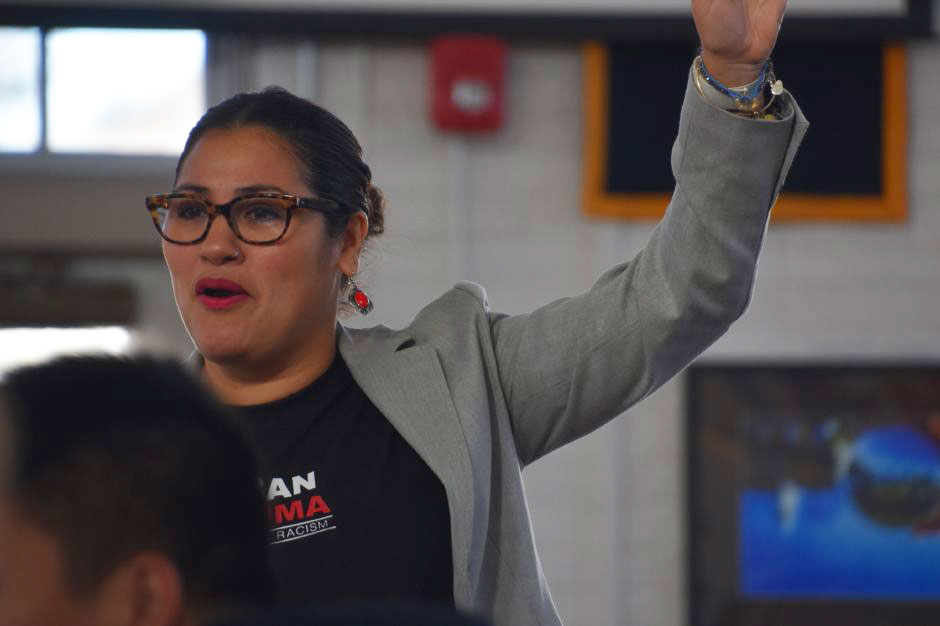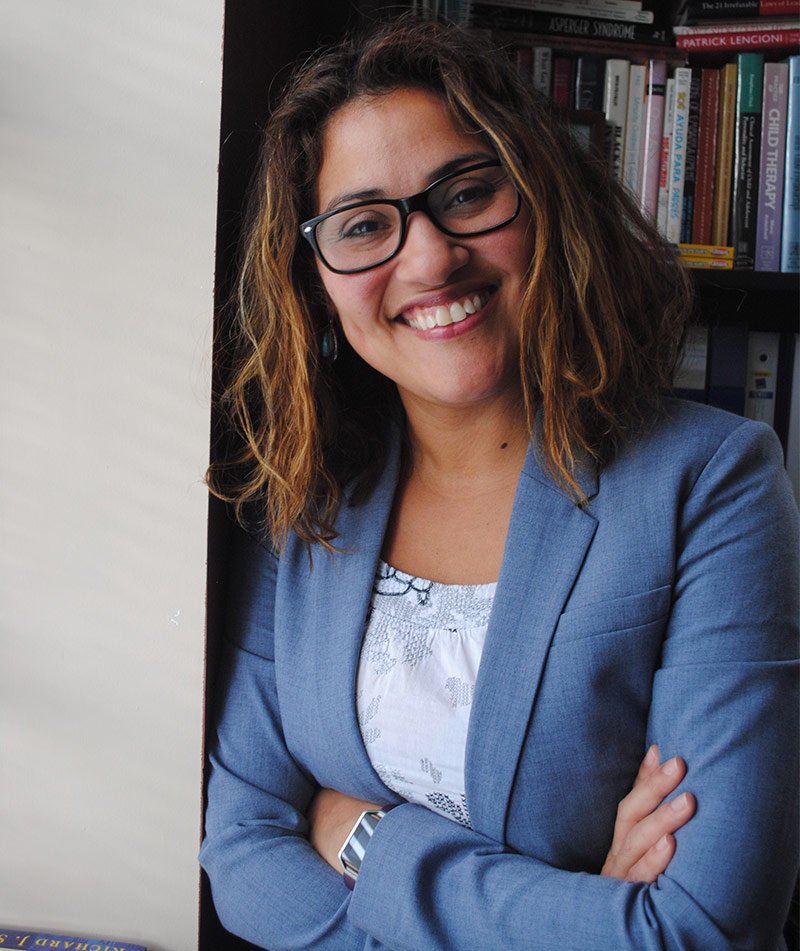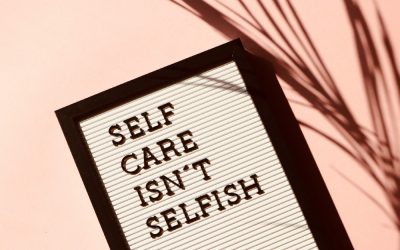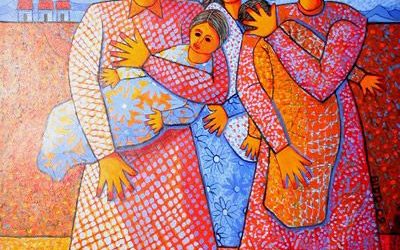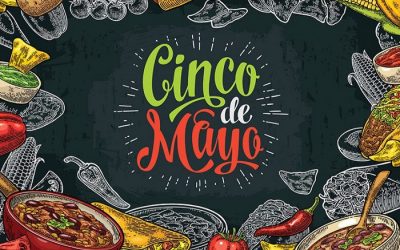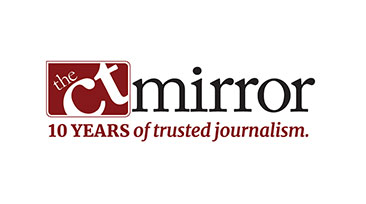Books
Urban Trauma:
A Legacy of Racism
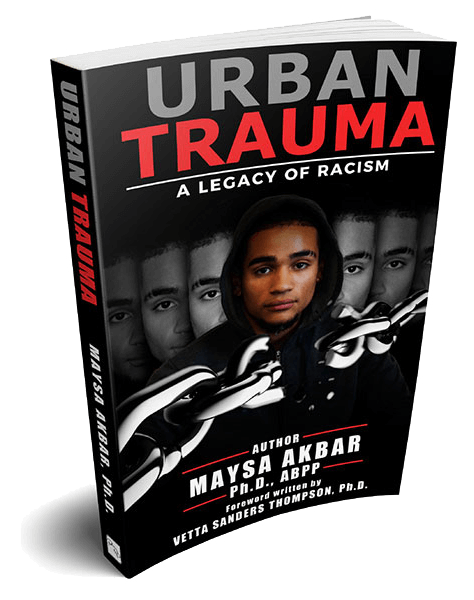
Beyond Ally:
The Pursuit of Racial Justice
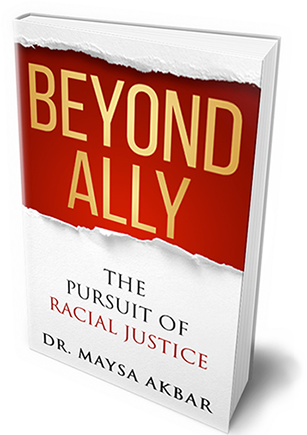
Urban Trauma: A Legacy of Racism
In her first book, Urban Trauma, A Legacy of Racism, Dr. Akbar introduces the Urban Trauma® framework, unpacking how people of color live in a state of crisis due to oppressive societal systems, resulting in feelings of anger, rage, and hopelessness.

Survived physical abuse. Witnessed community violence. Conquered the streets. Saved by education.
This is Dr. Maysa Akbar’s story, and her lived experience with urban trauma.
It’s easy to look down at urban communities and wonder why economic and social disparities still exist when so many people of color, despite facing severe adversity, have done better. They have broken the “cycle.”
Yet there are those in urban communities who continue to be plagued by what Dr. Akbar has defined Urban Trauma®: a set of conditions that sustain modern-day oppression.
In Urban Trauma: A Legacy of Racism, Dr. Akbar makes the case that since the time of slavery, systemic trauma in our urban centers is a result of poverty, overcrowded housing, poor physical and mental health, despair, violence, crime, and drug abuse.
Drawing from historical events, intergenerational biology, and psychology, she expertly illustrates that not only is Urban Trauma® real but that by denying its existence, we also deny our communities of color the chance to heal and break their cycle.
“This book helps me understand the impact of urban trauma on conditions in my city that my administration works to ameliorate. Dr. Akbar’s poignant stories and insight into negative, often disruptive behaviors of children and adults living with multigenerational trauma provides a foundation for understanding these problems and provides tools to address these complex limiting behaviors.”
— Toni Harp, Mayor, New Haven, Connecticut
Beyond Ally: The Pursuit of Racial Justice
In her second book, Beyond Ally: The Pursuit of Racial Justice, with wisdom and compassion, Dr. Akbar advances her racial justice work through the creation of the Ally Identity Model, which details the stages of allyship in dismantling systemic oppression.

Doing anti-racist work can be profoundly transformational for White people. Not only does it allow them to live their values of justice and equality, but it also helps develop skills like listening, sharing power, and working through conflict. Now more than ever, humanity must bridge the racial divides that exist within our society.
Dr. Maysa Akbar, a race-based trauma expert and the originator of the Urban Trauma® framework, deftly delineates what the allyship process is for White people to align themselves with people of color through the lens of a person of color.
Dr. Akbar illuminates the concept of White privilege, the societal barrier that breeds and sustains racism, formulated by generations of oppression. She redefines previous frameworks of allyship, and through her new identity model of allyship, she constructs a much-needed pathway toward race-based rectification for White people.
We are facing a global tipping point regarding racism. To be successful, White people must provide support in the right way. This book not only educates readers about how we got here but also shows how we address it and fix it moving forward.
“This is a critical moment in our country’s history, and defeating systemic inequality will take allies who are committed to learning what it really means to fight racial injustice. An important and timely book, Beyond Ally offers a detailed road map for those of us who want to help build a more just and equitable world”
— Peter T. Grauer, Chairman, Bloomberg LP
Blogs
During COVID and Racial Unrest, Mental Health Professionals Must Practice Self-Care Too
Being a mental health provider is incredibly rewarding, but it isn’t easy — particularly during a global pandemic and a national anti-racist uprising. As mental health professionals, while we remain committed to supporting our clients in coping with their trauma,...
Motherhood
As I do each year in May, I’m reflecting on what motherhood means to me. This May, as many of us celebrate Mother’s Day from a social distance, through cards sent by mail, drive by wishes of love, or telephone calls, I’m forced to remember that motherhood isn’t...
How do you ‘Celebrate’ Cinco de Mayo
Each year, across the country, people take the opportunity to misappropriate the meaning of Cinco de Mayo. This year, we’re calling on you to break the mold and commit to understanding the roots and purpose of the holiday. For starters, Cinco de Mayo is NOT Mexican...

